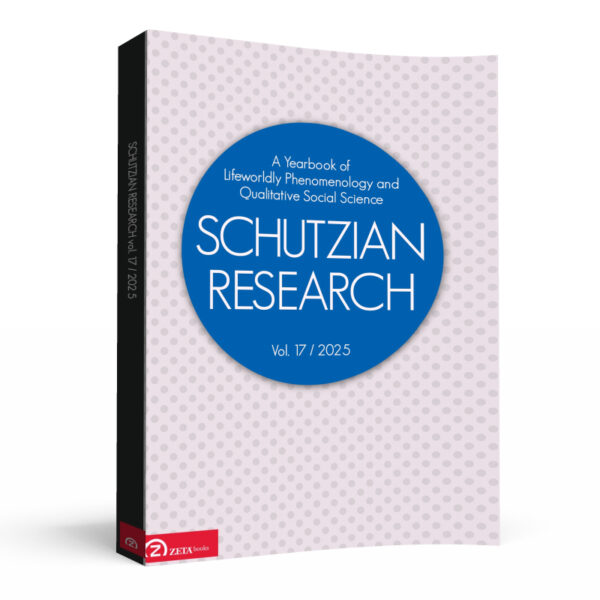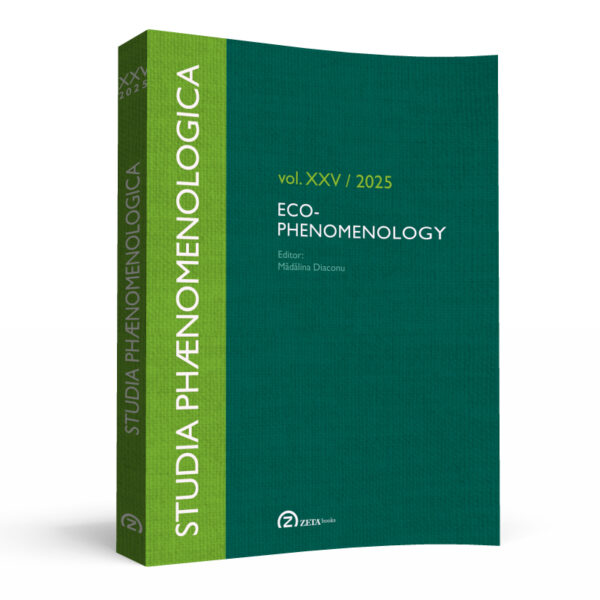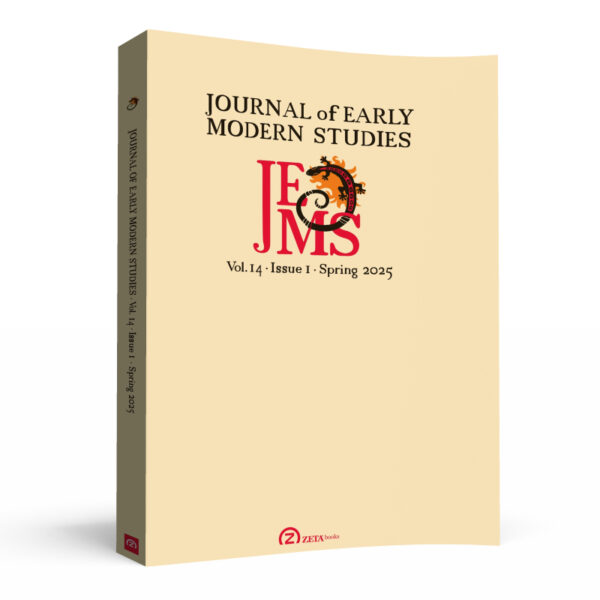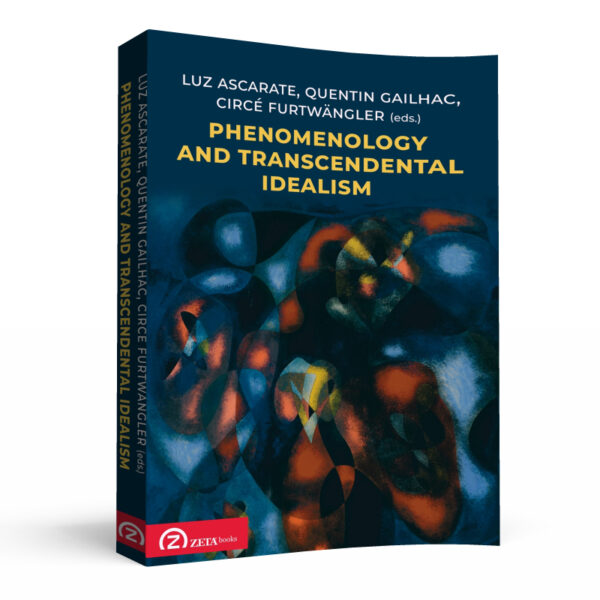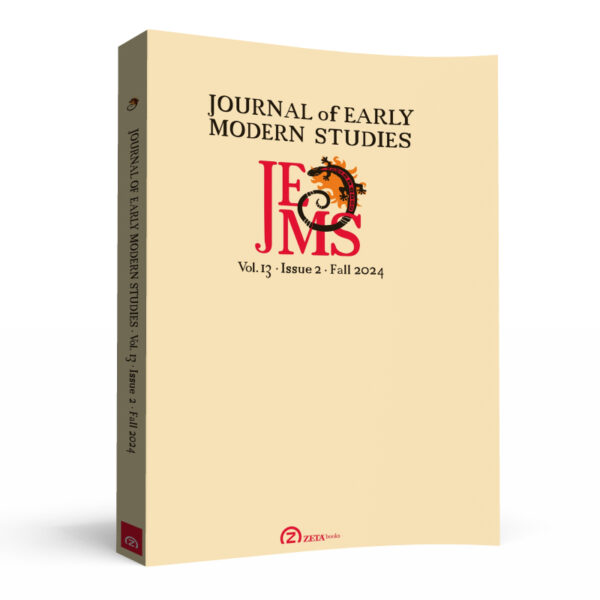[OPEN ACCESS] Malene Einsig BRODERSEN, “Out of Synch: A Schutzian Study of Space, Time, and Intersubjectivity in Seventh Grade Online Teaching” (Schutzian Research, Volume 17 / 2025)
Abstract: Rich intersubjective experiences are rooted in real-time, physical interactions where bodies and non-verbal cues play a crucial role in fostering shared understanding. In digital settings, such as online teaching, participants are separated in space and interact through virtual representations: images, initials, or live video. This study focuses on a Danish seventh-grade class during the […]

